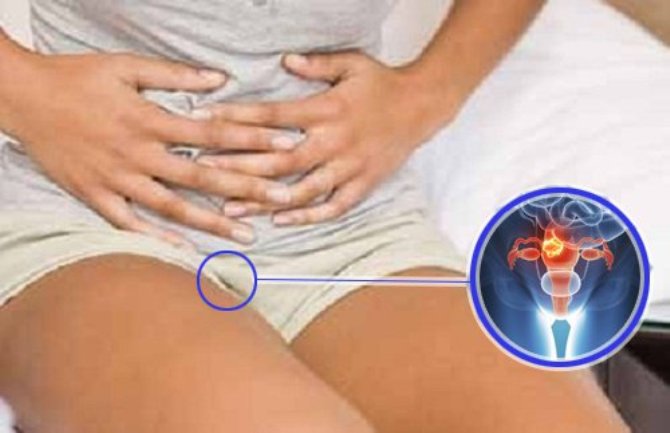Cancer is now one of the biggest threat to women existence in the world. Botswana also has it’s fair share of women who died from various forms of cancer including cervical cancer. Women with early cervical cancers and pre-cancers usually have no symptoms. Symptoms often do not begin until a pre-cancer becomes a true invasive cancer and grows into nearby tissue. When this happens, the most common symptoms are:
- Abnormal vaginal bleeding, such as bleeding after sex (vaginal intercourse), bleeding after menopause, bleeding and spotting between periods, and having longer or heavier (menstrual) periods than usual. Bleeding after douching, or after a pelvic exam is a common symptom of cervical cancer but not pre-cancer.
- An unusual discharge from the vagina − the discharge may contain some blood and may occur between your periods or after menopause.
- Pelvic pain: Pain during intercourse or at other times may be a sign of abnormal changes to the cervix, or less serious conditions.
These signs and symptoms can also be caused by conditions other than cervical cancer. For example, an infection can cause pain or bleeding. Still, if you have any of these problems, you should see your health care professional right away − even if you have been getting regular Pap tests. If it is an infection, it will need to be treated. If it’s cancer, ignoring symptoms might allow it to progress to a more advanced stage and lower your chance for effective treatment.
In most cases, cervical cancer does not cause noticeable symptoms in the early stages of the disease. Routine Pap screening is important to check for abnormal cells in the cervix, so they can be monitored and treated as early as possible. Most women are advised to get a Pap test starting at age 21.










